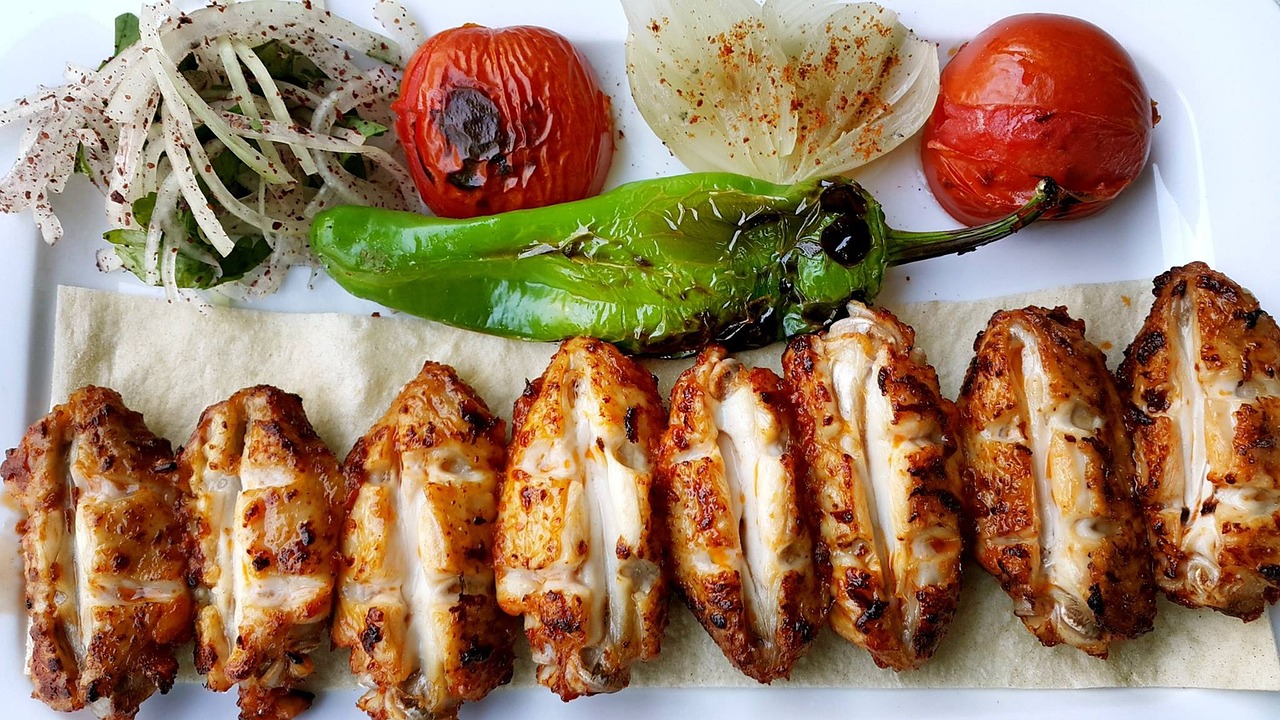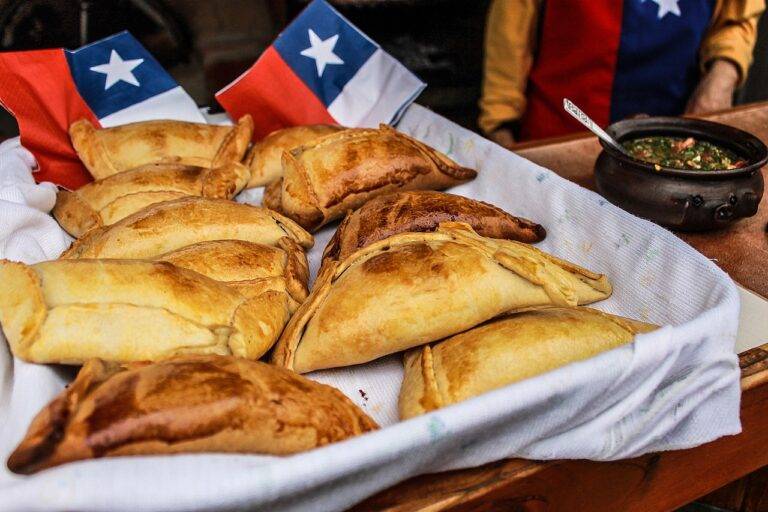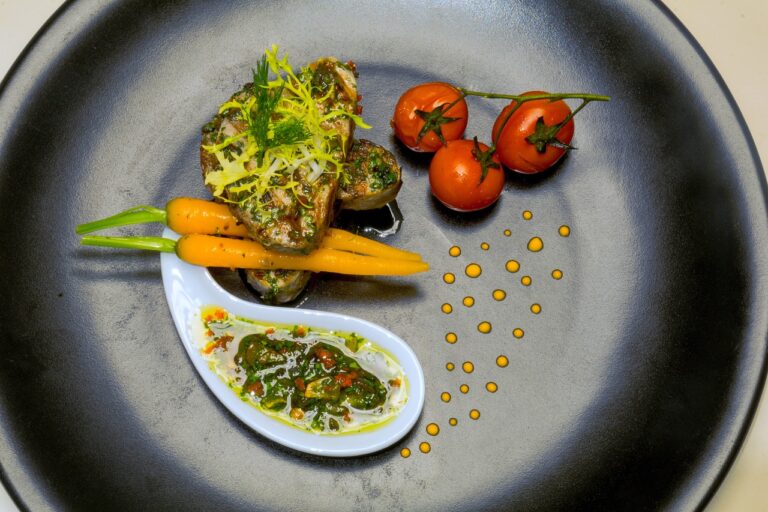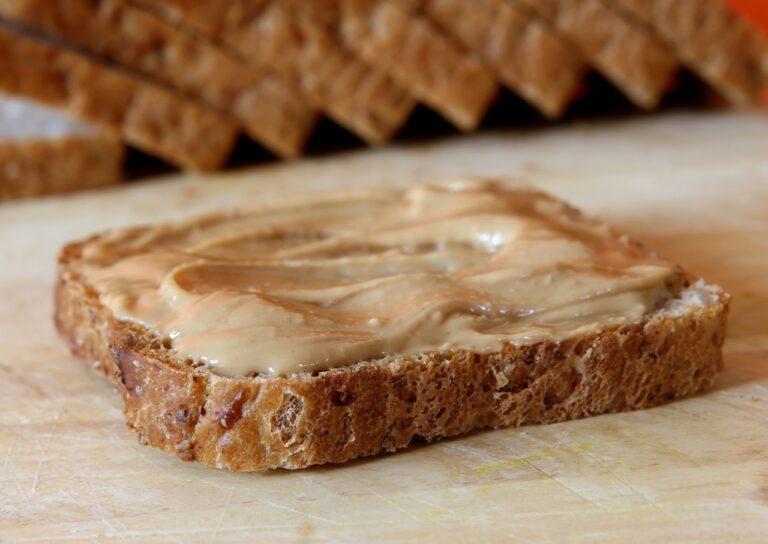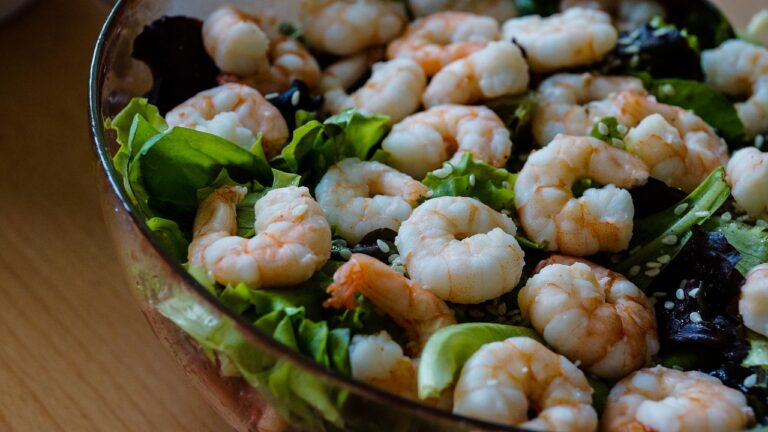The Rise of Food Influencers: How Social Media is Transforming the Culinary Landscape
Social media has revolutionized the way we consume information, interact with one another, and even how we approach the food we eat. In recent years, a new phenomenon has emerged – food influencers. These individuals have amassed large followings on platforms like Instagram, YouTube, and TikTok, where they share their culinary creations, restaurant reviews, and cooking tips. Their impact on the culinary landscape cannot be understated, as they have the power to shape trends, influence consumer behavior, and even launch their own successful businesses.
The Power of Social Media
Social media has democratized the food industry, allowing anyone with an internet connection and a passion for food to become a food influencer. This has opened up a world of possibilities for aspiring chefs, home cooks, and foodies, who can now share their love of food with a global audience. The visual nature of platforms like Instagram and TikTok has made it easier than ever to showcase beautiful dishes, mouth-watering recipes, and behind-the-scenes glimpses of the culinary world.
Creating Trends and Driving Innovation
Food influencers have the power to create trends almost overnight. A viral recipe or restaurant recommendation can spread like wildfire across social media, leading to long lines, sold-out ingredients, and a surge in popularity for a particular dish or cuisine. This has forced traditional media outlets, food critics, and even restaurants to take notice and adapt to the changing landscape. Food influencers are also driving innovation in the industry, pushing boundaries, experimenting with new flavors and techniques, and challenging conventional wisdom about what food should look and taste like.
Monetizing Influence
Food influencers are not only shaping the culinary landscape but also profiting from their influence. Brands are eager to partner with food influencers to promote their products, sponsorships, and collaborations. Many food influencers have parlayed their online success into lucrative careers, launching their own product lines, cookbooks, restaurants, and even television shows. The power of social media has given rise to a new breed of celebrity chef – one who is as likely to be found on your smartphone screen as they are on the Food Network.
Criticism and Controversy
Not everyone is a fan of food influencers, however. Critics argue that the curated, filtered world of social media presents an unrealistic and unattainable standard of beauty, lifestyle, and food. Some food influencers have been accused of promoting unhealthy eating habits, cultural appropriation, and excessive consumption. Others have faced backlash for their lack of transparency, authenticity, and integrity when it comes to sponsored content and partnerships. As the influence of food influencers continues to grow, so too does the scrutiny and criticism they face.
Embracing Diversity and Inclusivity
Despite the criticisms, food influencers have played a crucial role in promoting diversity and inclusivity in the culinary world. Social media has provided a platform for underrepresented voices, cultures, and cuisines to be heard and celebrated. Food influencers from marginalized communities have been able to share their unique perspectives, traditions, and recipes with a global audience, challenging stereotypes, fostering understanding, and promoting unity through food.
The Future of Food Influencers
The rise of food influencers shows no signs of slowing down. As social media platforms continue to evolve and new technologies emerge, the ways in which we consume food content, discover new recipes, and engage with our favorite food personalities will also change. Food influencers will need to adapt, innovate, and stay authentic to maintain their relevance and influence in a crowded and competitive market. The future of the culinary landscape is being shaped by the power of social media, and food influencers are at the forefront of this transformation.
FAQs
Who can become a food influencer?
Anyone with a passion for food and a willingness to create and share content on social media can become a food influencer. It takes time, dedication, and creativity to build a following and establish credibility in the industry.
How do food influencers make money?
Food influencers can make money through brand partnerships, sponsored content, affiliate marketing, product endorsements, and collaborations. Many food influencers also monetize their platforms through advertising, merchandise sales, and paid content.
What are some challenges faced by food influencers?
Some challenges faced by food influencers include maintaining authenticity and credibility, dealing with criticism and backlash, staying relevant in a rapidly changing industry, and navigating the complexities of sponsored content and partnerships.
How do food influencers impact the culinary industry?
Food influencers have the power to create trends, drive innovation, shape consumer behavior, and influence the success of restaurants and food brands. They help to bring diverse voices, cuisines, and perspectives to the forefront of the culinary world, promoting inclusivity and diversity in the industry.

